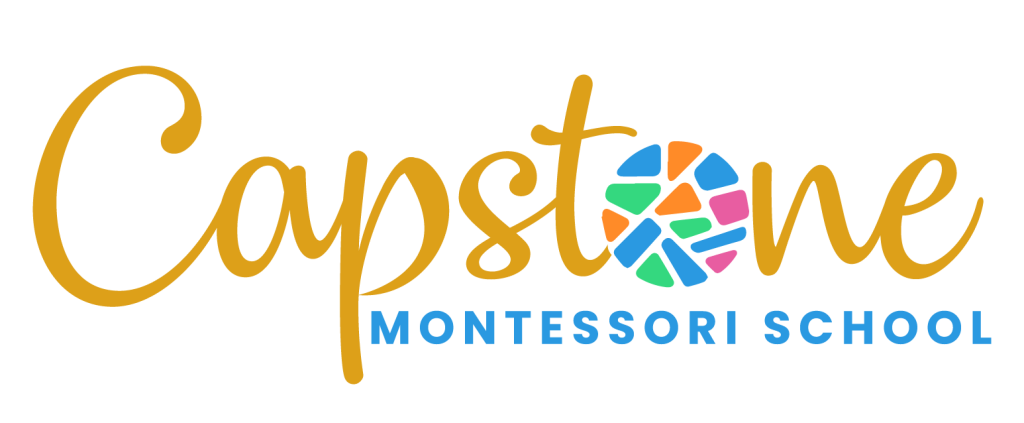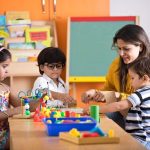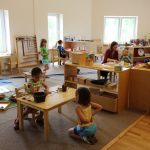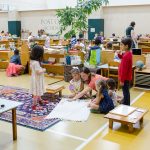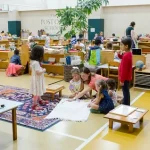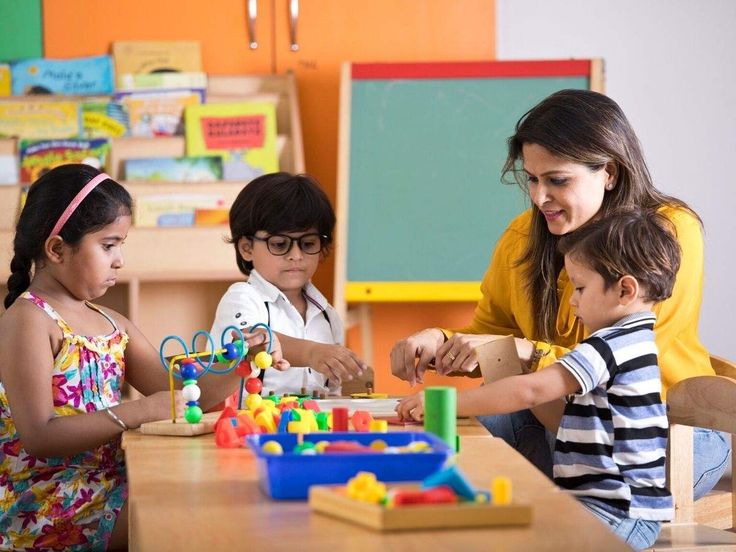
Parents often wonder how to help their child grow into a confident, independent learner. The answer starts earlier than most people think. Before children even enter preschool, the experiences they have in early primary programs can shape how they think, feel, and act for years to come. Early primary programs are specially designed environments for children between the ages of two and three, and they do much more than keep little ones busy. They teach life-changing skills that help children become independent, happy learners before they even reach preschool age.
In this blog, you’ll discover how these programs help young children develop essential life skills, why this early stage is so important, and what benefits it offers for your child’s future.
Why Independence Before Preschool Really Matters
Independence isn’t just about children doing things by themselves. It’s about developing confidence, problem-solving skills, and a sense of responsibility. During the toddler years, children go through major changes. Their curiosity explodes, they want to explore everything, and they start wanting to make their own decisions. Early primary programs use this natural growth stage to help children develop practical independence in a way that feels safe, structured, and positive.
By the time children reach preschool, those who have already experienced independence through an early primary program are usually more confident, better at following directions, and more excited to learn. These are powerful life skills that continue to benefit them in school and beyond.
A Nurturing Environment That Encourages Self-Help Skills
One of the biggest benefits of early primary programs is how they encourage children to take care of themselves in age-appropriate ways. Classrooms are set up to allow children to easily access their toys, learning materials, and personal belongings. They are encouraged to participate in simple tasks like washing their hands, putting on their shoes, cleaning up after play, and helping set up snack time.
These simple routines build a sense of responsibility and pride. Children quickly learn, “I can do this by myself,” and with that comes more confidence. The more children practice these little life skills, the more naturally independent they become.
At home, parents often notice these changes quickly. Toddlers who attend structured early programs usually need less help with daily routines and often start doing more things without being asked.
Learning Through Play and Exploration
At this young age, play is learning. Early primary programs use play-based activities to help children develop essential skills. But it’s not just random playtime—it’s guided play, where every activity has a purpose. Teachers carefully observe each child and provide activities that encourage curiosity and exploration.
For example, simple puzzles help develop problem-solving skills, water pouring activities build coordination, and group play teaches sharing and cooperation. Everything is designed to strengthen your child’s mind, body, and emotions in a way that feels fun and enjoyable.
Through these playful experiences, children not only develop fine and gross motor skills but also begin to take initiative, make choices, and explore their interests. These are the very first steps toward becoming self-motivated learners.
Gentle Structure Helps Children Feel Secure
Children thrive in environments where they know what to expect. Early primary programs provide a soft structure to the day, which helps young children develop a sense of order and security. With a predictable daily routine that includes time for play, learning, meals, and rest, children feel safe and more willing to explore independently.
Routine builds trust in their environment. When children know what happens next, they feel in control of their surroundings and can focus on exploring and learning new things instead of feeling anxious or unsure.
This sense of security supports emotional independence as well. Children start becoming more comfortable being apart from their parents, managing transitions, and dealing with small changes calmly.
Early Social Development Encourages Confidence
Social independence is just as important as personal independence. Early primary programs introduce children to gentle social settings where they interact with peers through songs, group activities, and collaborative play. This exposure helps children practice communication, patience, and sharing from a very young age.
Through these positive early experiences, toddlers begin to build friendships, understand social rules, and develop empathy. This natural social learning reduces separation anxiety and helps children become more confident in group environments making the transition to preschool much smoother.
Developing Decision-Making Skills
One of the overlooked parts of independence is decision-making. Early primary programs give children simple choices throughout the day such as choosing between two activities, deciding when to have a snack, or picking a storybook to read. While these may seem like small choices, they play a huge role in helping children learn how to think for themselves.
Being allowed to make decisions in a safe environment encourages children to listen to their preferences, think through options, and feel confident in their choices. As a result, they develop early problem-solving skills that make them more adaptable in new situations.
Building a Positive Relationship with Learning
Perhaps the most lasting benefit of early primary programs is how they help children develop a positive attitude toward learning. Children learn at their own pace, explore what interests them, and receive encouragement rather than pressure. This joyful first experience with learning helps children feel excited about trying new things and confident in their ability to learn new skills.
Final Thoughts
Early primary programs are more than just a way to keep toddlers busy before preschool they are a meaningful first step in building strong, independent, and confident young learners. By encouraging self-help skills, allowing children to make choices, providing gentle structure, and supporting social development, these programs lay the foundation for a lifetime of independence and success.
